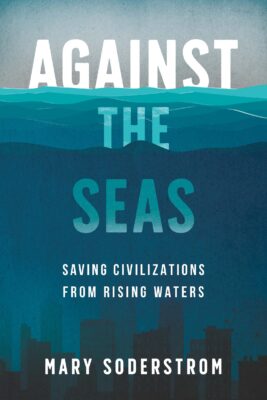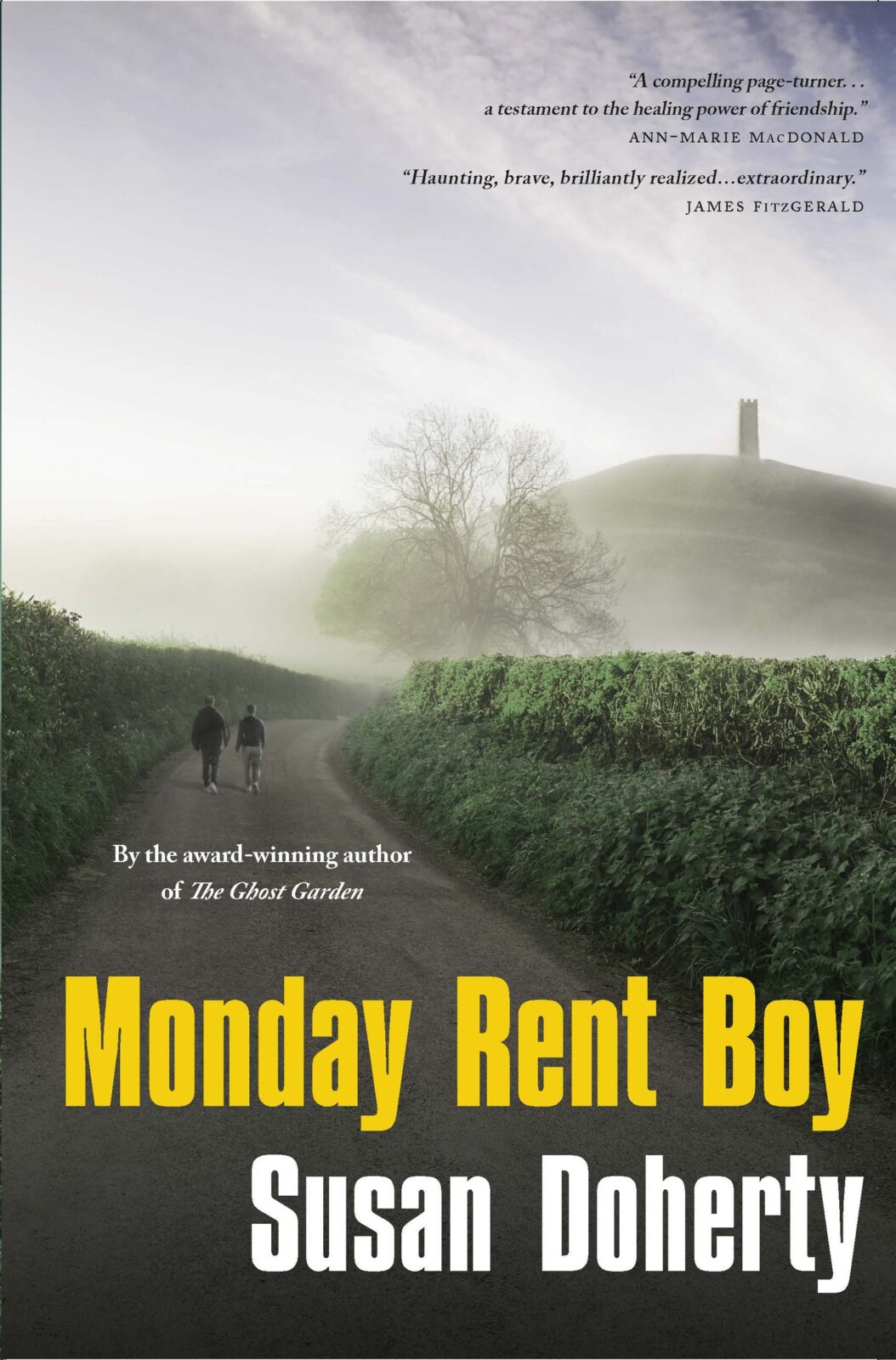Waters are rising globally at a rapid pace – but how have other cultures dealt with similar climate catastrophes? What can we expect from future changing tides? Mary Soderstrom’s Against the Seas: Saving Civilizations from Rising Waters is an investigative hybrid of history, science, and memoir that attempts to predict the impact of the current climate crisis.
Against the Seas Dundurn Press
Saving Civilizations from Rising Waters
Mary Soderstrom
$26.99
paper
296pp
9781459750487
Musical interludes between each section further set this book apart. Soderstrom recommends YouTube videos of classical and modern music in which the songs echo the motions of water, and the performances demonstrate unique collaborations between artists and audiences. For example, one section opens with a performance from Songs of Comfort and Hope, a collaboration between Yo-Yo Ma and singer Kathryn Scott from early in the pandemic, and another with a performance from Washington, D.C.’s National Symphony Orchestra for an audience of youths unaware of Kennedy Center conventions. As Soderstrom explains, the interludes’ role is “to draw attention to the accomplishments of civilization and to stress how music and stories and art can help us get through the worst of times.” These interludes support Soderstrom’s overall hope for the future, a hope that places faith in global collaboration and storytelling. She does propose concrete actions that governments and communities can take to slow the rising waters, but the recurring turn to the power of art to bring global unity might be too optimistic for some readers.
When presenting actionable changes towards the end of the book, Soderstrom turns to more grounded solutions, blaming our rapid global warming on major corporations and governments. Individual action will not slow rising waters, but collective effort to shift global decisions may sustain long-term change. While Soderstrom urges large-scale action informed by past climate crises, her main proposal for actions that the reader can take is to “remember” – to hold the lessons learned from human history and to share them with others. Even if we can slow the rising waters, Soderstrom does not shy away from warning that there will be massive loss of lives and land in the process. The book concludes by comparing the rising sea levels to COVID-19; the death rates we face today are comparable to those from environmental disasters of the past, and offer insight into how our society will handle the next global disaster.
Against the Seas is a compelling history of rising waters from throughout human history; Mary Soderstrom delivers an educational and compelling read about our past, present, and future relationships to the changing waters of the world.mRb






0 Comments